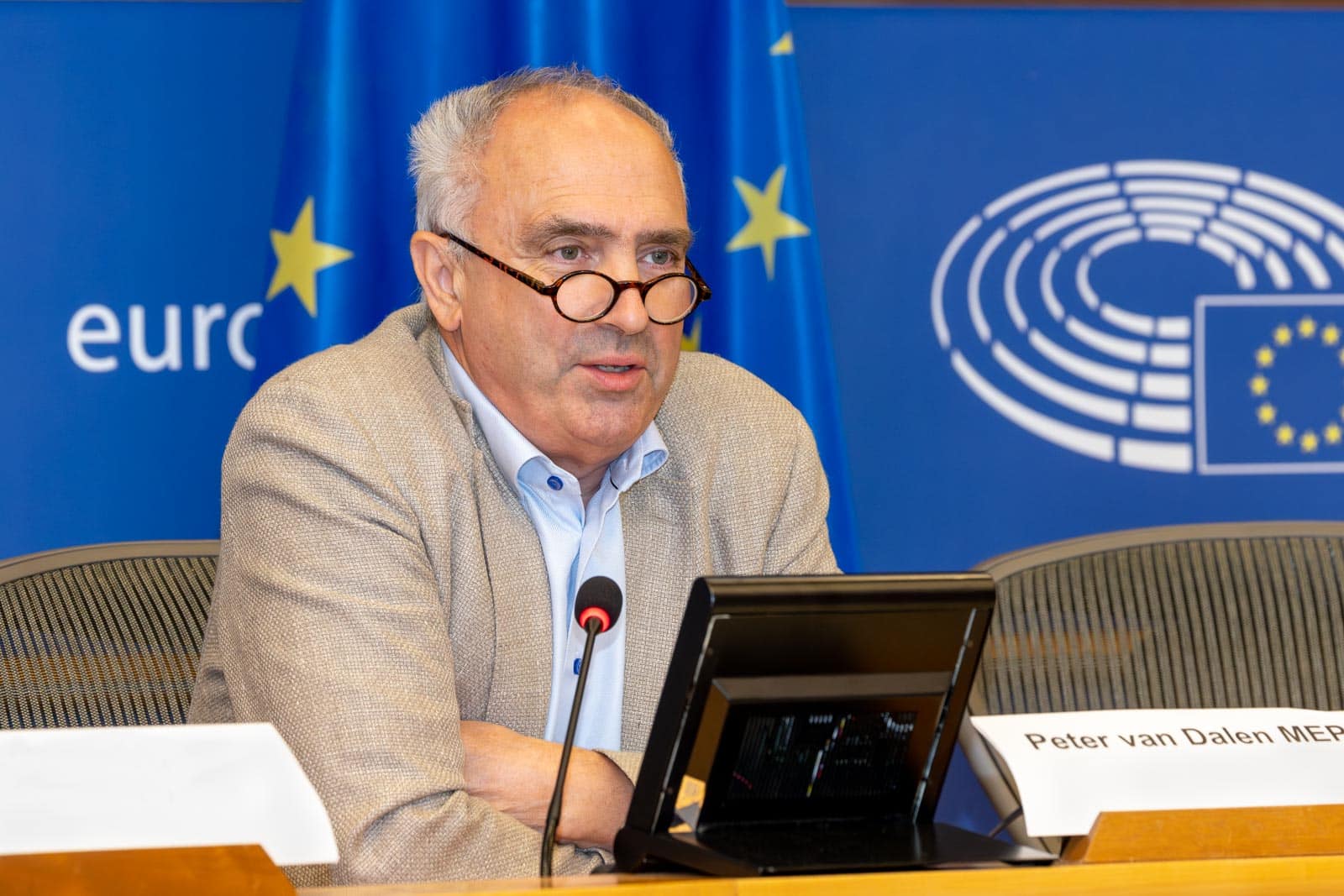Speaking to the Council’s annual meeting in Geneva on protecting the rights of women and girls, the UN High Commissioner said it was an urgent task, and there needed to be zero-tolerance of gender-based violence.
He highlighted the alarming reality that female human rights defenders, women journalists, and those in public office and political decision-making positions, routinely come under “vicious” attack.
Harrowing statistics
“Such acts are deliberate, directed at those seen as challenging traditional notions of family and gender or harmful traditional social norms”, said Mr. Türk.
“Their purpose is clear”, he added, “to exercise control, to perpetuate subordination and to crush the political activism and aspirations of women and girls.”
To illustrate that, Mr. Türk pointed to a recent study conducted by UN Women in 39 countries. It found that 81.8 per cent of women parliamentarians had experienced psychological violence, while 44.4 per cent reported being threatened with death, rape, beatings, and kidnapping.
Additionally, 25.5 per cent had endured some form of physical violence.
Another study, by UNESCO, estimates that 73 per cent of women journalists have faced online violence, including through the spread of fake news, doctored images, and direct verbal threats and attacks.
Zero tolerance
Confronting the deep-seated structural discrimination requires comprehensive and systemic change. High Commissioner Türk called for the strengthening of national legal frameworks to ensure gender equality and protect women from violence, both online and offline.
“We must adopt codes of conduct with zero tolerance for gender-based violence and establish effective reporting mechanisms for those who experience it,” the High Commissioner said.
Concrete measures, both temporary and permanent, are urgently required. Mr. Türk underscored the need for quotas for women in public and political life. He believes that women should be given more of a chance to get elected to serve on public bodies. For that, awareness-raising campaigns and other forms of assistance to women who want to dedicate their time to politics are needed.
Supporting this point, Reem Alsalem, Special Rapporteur on violence against women and girls, who also addressed the Council on Friday said: “We must stem the tide of violence against women and girls in the private, public and political spheres of life and we must do so now.”
Challenge archaic notions
Increasing participation needs to start with changing habitual behaviour said the UN rights office (OHCHR) chief.
“We must also challenge archaic notions that confine domestic and care work to women and girls only,” he urged, adding that economic incentives, social protection measures and gender equality campaigns can be driving forces to promote greater equality overall.
Mr. Türk said improving education was an essential precondition for women’s equality participation in public affairs. He stressed the importance of boosting involvement in traditionally male-dominated fields such as science, technology, engineering, and mathematics (STEM). Education systems and curricula should include women as role models and highlight their contributions throughout history to address the lack of visibility and recognition.
“Women make up half of humanity. Gender equality is not a matter of isolated gains for women alone, it is a collective pursuit that benefits entire societies,” said Mr. Türk, calling upon Member States and the Council “to pledge to take concrete and transformative action to tackle gender-based violence against women and girls in public and political life, and to promote their participation and leadership.”





